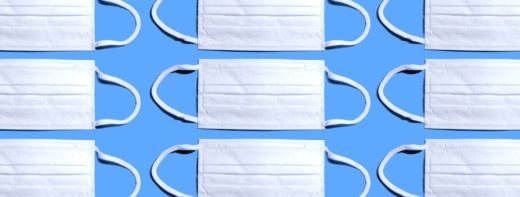Initiatives in the Coronavirus Aid, Relief, and Economic Security Act-funded spending include supplying computers and Wi-Fi hot spots for the Houston Public Library to rent out, buying over 7,000 new trash bins for the solid waste department and conducting water testing at HISD schools.
Houston received a total $405 million from the federal coronavirus relief bill and must spend all of it, with City Council approval, before the end of 2020 or otherwise must return what is left to the federal government. All expenses must also be directly related to the coronavirus pandemic, the act stipulates.
Some uses of the funds have been more closely correlated to the pandemic than others, council members observed.
Among the items approved Oct. 28, Council Member Amy Peck expressed skepticism toward the $328,000 purchase of new garbage bins for the solid waste department.
“I will go with it, but it is bringing up some concerns,” Peck said. “It's hard to see how this fits into the bigger picture.”
She and Mayor Sylvester Turner Turner both noted, however, that the solid waste department has reported experiencing a nearly 65% uptick in requests for bins, largely because residents are spending more time at home.
“The utilization of these cans has increased dramatically this year, and what is different about 2020 is the coronavirus,” Turner said. “This is a permissible use.”
Some of the more closely related expenses include $200,000 in N95 masks for first responders and for water testing plans at HISD Schools.
The city plans to test water at several schools. Scientists can measure the amount of coronavirus present in waste water samples to corroborate test positivity rates and identify hot spots.
An additional citywide water testing campaign is ongoing in collaboration with the Houston Health Department, Rice University and Baylor College of Medicine.
“We get our teams to ... encourage residents to get tested because when you get tested as an individual you know how to protect your family members,” Houston Emergency Medical Director Dr. David Persse said in a Sept. 28 news conference about the method.





